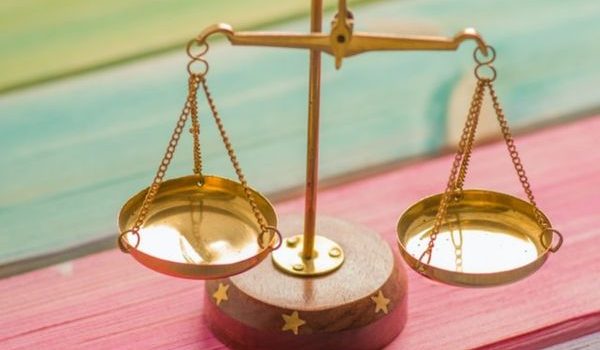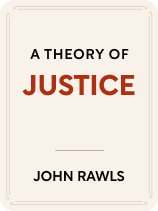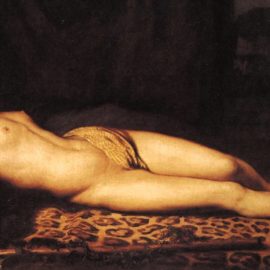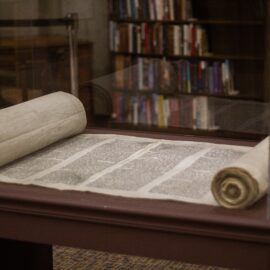

This article is an excerpt from the Shortform book guide to "A Theory of Justice" by John Rawls. Shortform has the world's best summaries and analyses of books you should be reading.
Like this article? Sign up for a free trial here.
What is John Rawls’s definition of justice? How does Rawls’s conceptualization of justice differ from other theorists’?
According to John Rawls, justice is a generally held idea of the most moral way of organizing society. Thus, Rawls doesn’t focus on justice on an individual level, which separates him from many other theorists of justice, who view social justice as an extension of individual justice.
Keep reading to learn about Rawls’s concept of justice.
Rawls’s Definition of Justice
John Rawls defines justice as the dominant ideology or goal underlying the rules of society—in other words, why people create and follow a society’s rules. Rawls says there’s no universal sense of justice that all societies agree on; different societies have different theories of what’s just and unjust. Members of each society try to make specific political and economic rules that are just—according to their own theory of justice.
These rules then determine how that society distributes “primary benefits”: things that help people achieve their goals in life no matter what they might be. Rawls says the main primary benefits are rights, liberties, opportunities, wealth or income, and a sense of self-worth (not being treated as inferior by society).
(Shortform note: One consequence of Rawls’s definition of justice is that he doesn’t concern himself with justice on an individual level—in a specific court case or moral dilemma, for example. For example, 18th-century Prussian philosopher Immanuel Kant uses the principles of the categorical imperative (a pair of universal moral laws) not only to judge what’s just for an individual, but also what’s just for a nation—both on a domestic and international scale.)

———End of Preview———
Like what you just read? Read the rest of the world's best book summary and analysis of John Rawls's "A Theory of Justice" at Shortform.
Here's what you'll find in our full A Theory of Justice summary:
- John Rawls's 1971 theory of justice as fairness
- A breakdown of Rawls's Original Position theory and framework
- The three duties every citizen has in a just society






